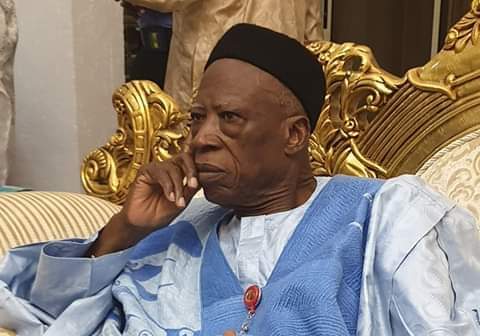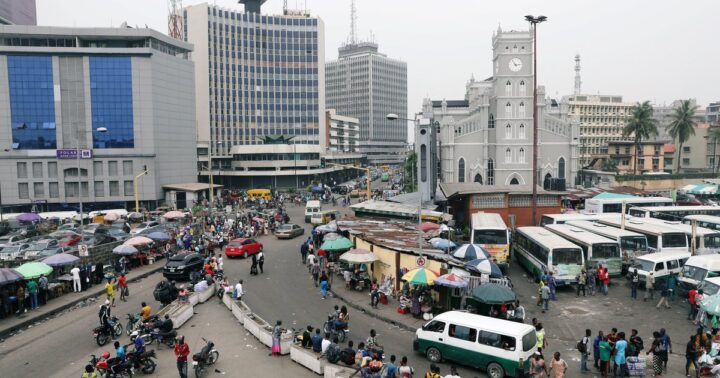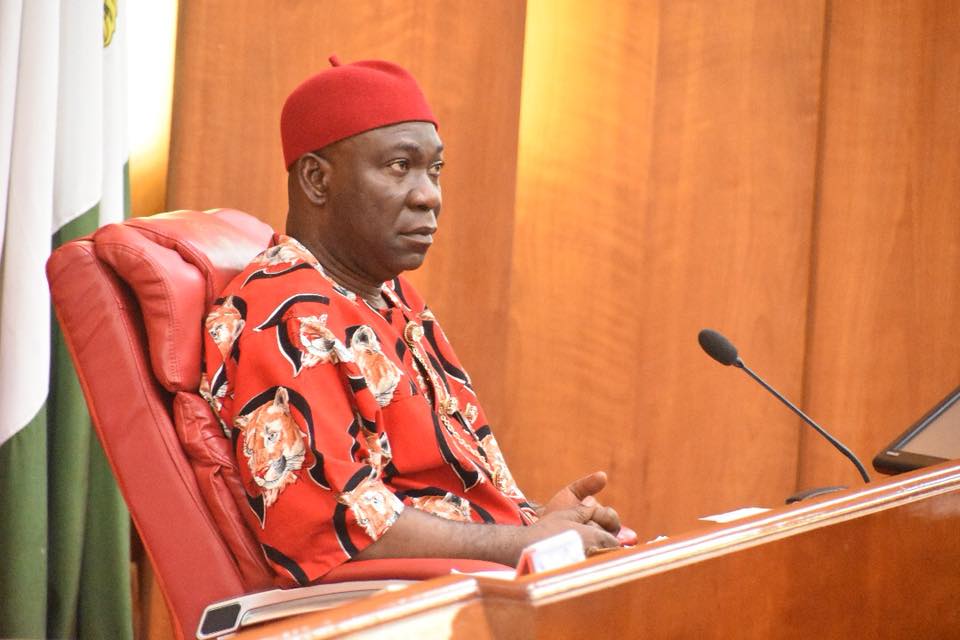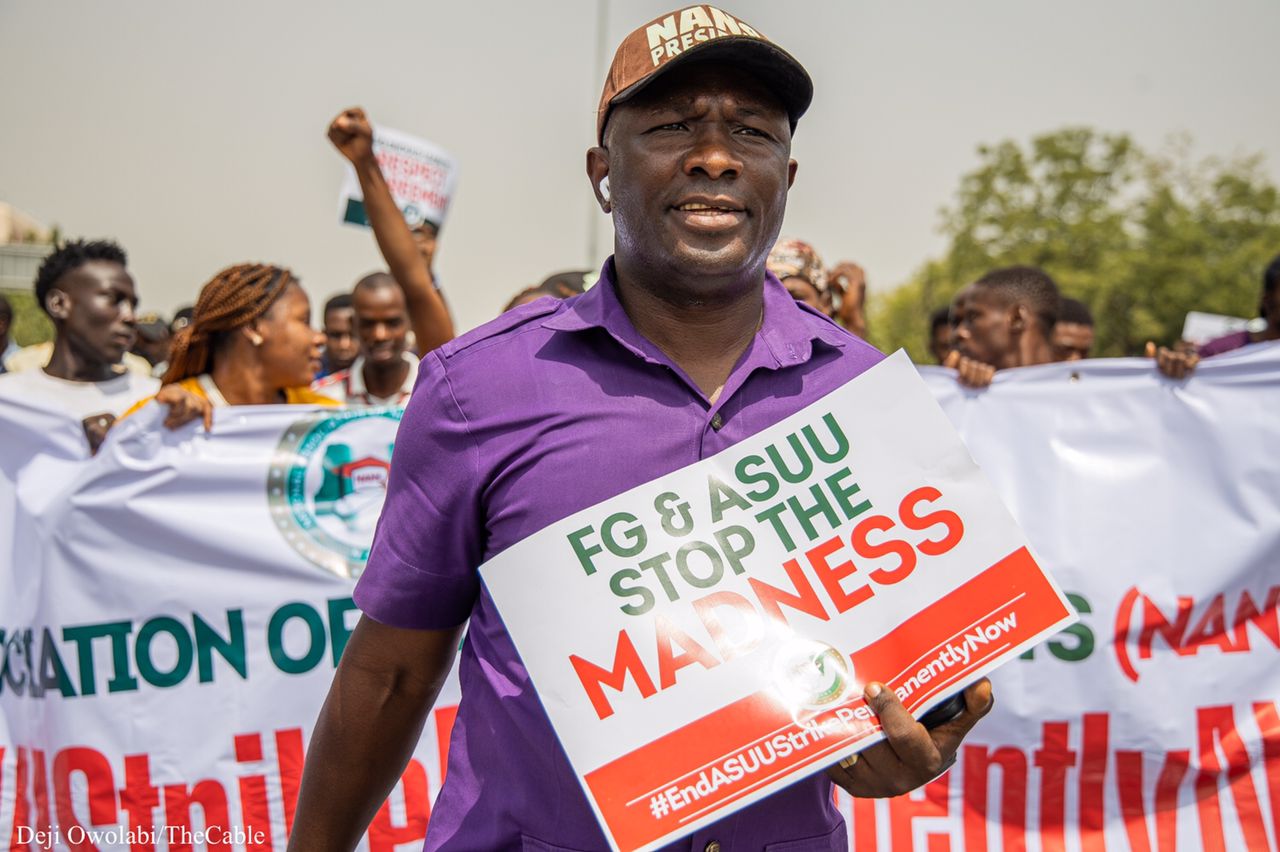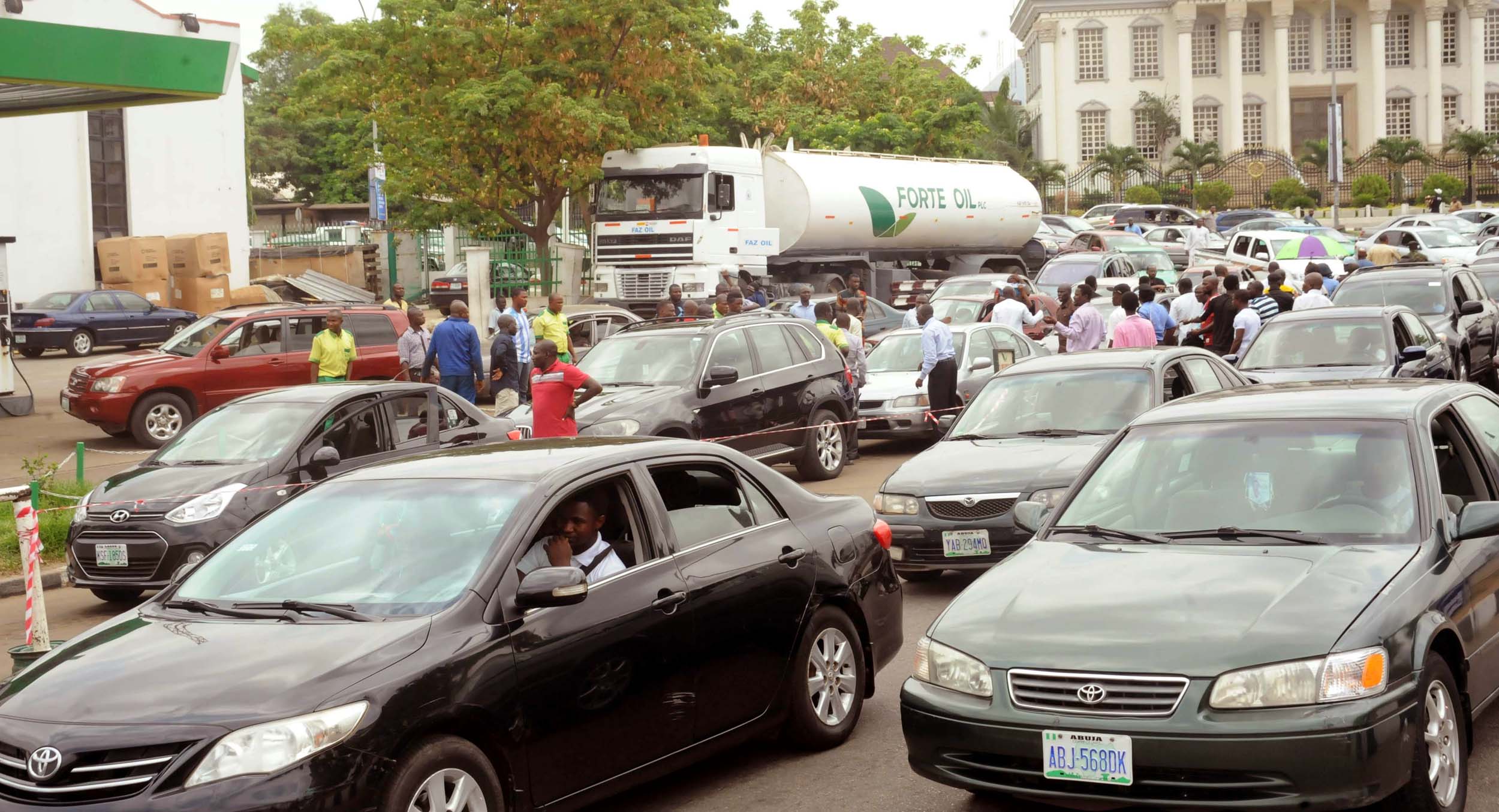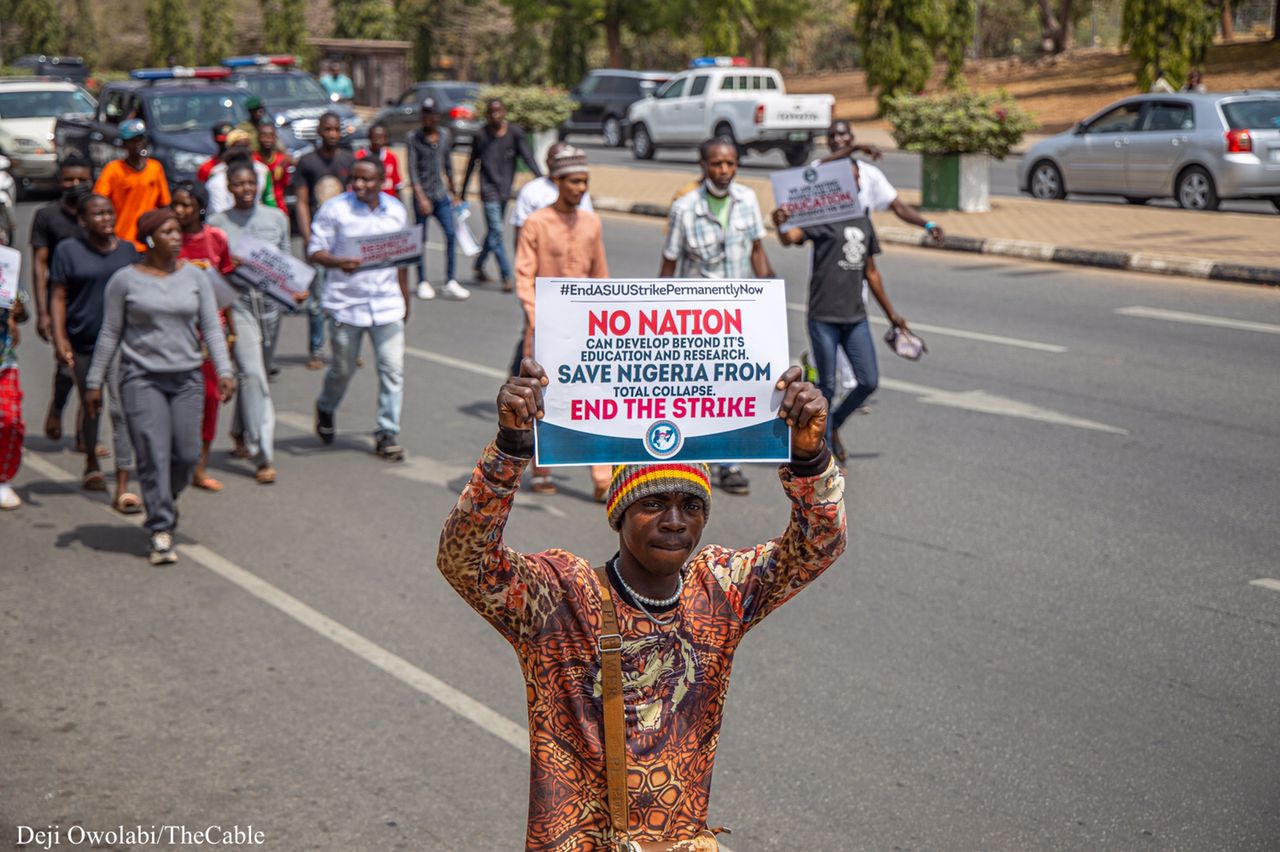After emerging as the consensus Chairman of the All Progressives Congress (APC), Abdullahi Adamu was faced with a major crisis. Healing the deep divisions in the party was urgent but it was not even the most serious concern of the 75-year-old senator, former governor and former member of the opposition party. Nor was the dilapidated, rudderless state of the party organs the most pressing task.
His problem was more severe. In vehicular metaphor, he had just inherited a car without an engine. And this happened ahead of a major race in which his party is not only hoping to do well, but also to win. He needs money to fix the engine and oil the party machine, but the party is broke, if not bankrupt.
His new executive toyed with the idea of probing its predecessors but quickly dropped it. It would be a needless distraction and there was hardly any time for that. Insiders said at this point, members of the newly constituted national executive committee met and decided that the only way to repair the party’s finances and fund the forthcoming elections was to raise the cost of the nomination forms by 122 percent, that is, from N45 million in the last election cycle in 2019 to N100 million.
Why anyone would buy a form for N100m to prequalify to tackle a raft of problems ranging from a serious debt crisis to banditry and from insurgency to rampant corruption and a distressed national currency, is baffling. But Adamu’s executive obviously thought there was no other way, except those that had been tried with severe negative consequences.
Advertisement
It’s in the nature of party politics in Nigeria that party chairmen serve two masters. They are appointed and removed by the strongest faction (usually the president in the case of the ruling party) to whom they must bow. And also, they hold their positions at the pleasure of governors who fund the parties.
In the last over two decades, at least, the fall of chairmen across party lines is traceable to political transactions with governors, especially at election time, for the organised bazaar of party positions. This transaction allows chairmen to make some money, offers governors a bargain, while the change, if there is any, is used to run the party.
It was a temptation that Adamu wanted to resist by building, if you like, an “independent” war chest outside the contaminated trough. And yet, he overcame this temptation by yielding to its worst outcomes. His predecessor, Adams Oshiomhole, had tried, for the first time, to raise money from the sale of party forms to fund candidates in 2019, with limited success.
Advertisement
Unlike what obtains in other countries where the party rank and file chips in its bit and special interest groups with shared ideology also come through for the party, the contribution here is zero. Since party registers are at best dubious and party accounts are not audited, funds come from anywhere from private pockets to bullion vans. No one is exactly sure what it costs political parties to run, say, a presidential election campaign, for example.
A report in The Africa Report on March 22, said staging a presidential campaign alone could cost up to $2 billion. The Independent National Electoral Commission (INEC) set the bar for 2023 at N1 billion ($2.4 million), now adjusted to N5 billion ($12 million), but has no way of knowing, monitoring or enforcing this threshold.
Former presidential spokesperson, Doyin Okupe, himself a presidential wannabe, told the magazine that, “no Nigerian president in the last 20 years has spent less than $100 million to be president. It’s now upwards of $300 million. I know this because I’m an insider…No Nigerian president has through his sheer wealth alone put himself in office, whether Olusegun Obasanjo, Umaru Yar’Adua or Goodluck Jonathan”. He might have added Muhammadu Buhari as well.
It’s one of the paradoxes of this republic that a system that should guarantee reasonable opportunities – an egalitarian system, if you like – still manages to produce political oligarchs. The system appears designed to be forbiddingly expensive and there is no one who has witnessed Nigeria’s elections in the last nearly two and a half decades that would not be alarmed at the outrageous monetisation of the process under a party that campaigned for change. Politicians dispense bribes in sacks or stuff them in between bread loaves, depending on who is at the receiving end, where and when.
Advertisement
Caught between the devil of depending on governors to fund its election and the rock of an empty party treasury, Adamu obtained Buhari’s approval to raise the cost of forms to an amount almost double the four-year annual salary of the president, who officially earns roughly N14.1m yearly.
Yet, even at this scandalous rate, the party’s stock is oversubscribed. It is apparently so seduced by its own scandalous ingenuity that it has twice extended the sale of forms. However hard Adamu may try – and he has bullyishly made the point that the party needs tons of money to fund its campaign – it is difficult for him and his party to escape accusations of robbery by pretensce.
Out of the 28 APC aspirants who have so far bought forms to contest the presidency, seven – Godswill Akpabio, Chris Ngige, Emeka Nwajiuba, Ogbonnaya Onu, Rotimi Amaechi, Timipre Silva, and Godwin Emefiele – are political appointees serving in Buhari’s government. The salaries of six of them in the last seven years is estimated at N504 million, that is, a yearly average of N72 million. This, of course, is minus Emefiele whose salary is on a different scale.
If they claim – as they all do – that the money is not theirs, then we’re compelled to ask what special lotion or charm they have been using to attract such extraordinary goodwill in a country that has gotten poorer in the last seven years than at any other time in its recent history. As of the last rough tally, APC had amassed about N3 billion, VAT-free income from the sale of presidential forms alone.
Advertisement
In the end, only one candidate will emerge. Like the true stock brokerage firm that it has become, however, the party will advise the losers to convert their form fees into investment in ministerial positions or the right to make significant appointments. There is no place for refunds.
Those who contested the position for chairmanship against Adamu and lost, for example, are still lining up outside the party secretariat waiting to get their N20 million refunds or whatever crumbs remain. But it doesn’t matter. With the extraordinary infusion of cash from the new sale of forms, the tent can always be expanded to create room for every scoundrel.
Advertisement
A friend suggested that the huge funds flowing into the APC’s account could be an avenue to launder money. But which government agency has the courage to question a group of peasants, herders or an old boys’ network for shelling out N100 million only to buy a lottery ticket from the ruling party for a messiah in its fold? That will be the day.
For now, those who don’t like what they’re seeing or what they’re hearing can comfort themselves with the thought that after nearly eight years of waiting, the ruling party may have finally paved the way to change by leveraging the scandalous ingenuity of a politician from the PDP, the same party that APC once despised.
Advertisement
Adamu is a gift that the PDP would regret losing. In two months of taking the helm, he has shown that he can both think – and work – outside the box. Whoever knew that the road to the presidency was this prosperous!
Ishiekwene is the editor-in-chief of LEADERSHIP
Advertisement
Views expressed by contributors are strictly personal and not of TheCable.
Add a comment

